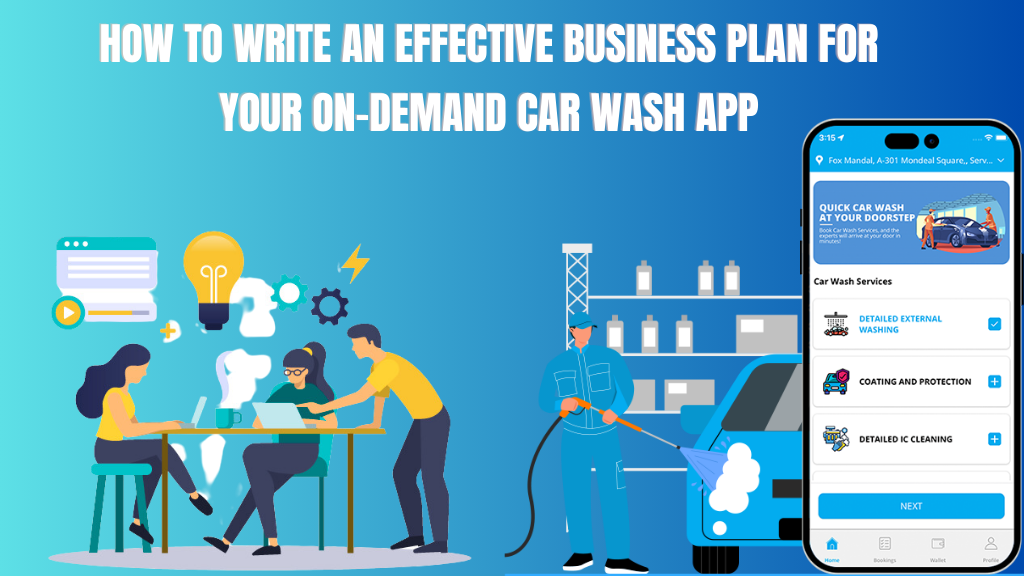Businesses need customer relationship management (CRM) software for creating a hub for all the interactions occurring internally or externally to the organization. Some of the best software for CRM for small businesses are Zoho CRM, Microsoft Dynamics 365, Insightly, AuroCRM, Freshsales, Pipedrive, HubSpot CRM, and others.
There is a wide variety of CRM available for the businesses, in which selecting the best CRM for the company may seem a daunting task. Companies should choose the best CRM that fits their operational systems appropriately. Some tips a business can consider before deciding CRM are discussed as follows:
Identifying Business Needs
Businesses should evaluate their operational requirements and systemic needs to set specifications for the CRM. A customized CRM can be created, eliminating the extra features, making the systemic functions a lot more comfortable and convenient.
Salesforce will find the ease in operating a CRM that is curated according to their key performance indicators. The CRM should provide a broad and extensive contact management system. This records the business data and offers the right solution to their contacts.
Customer Management
The salesforce can record a tremendous amount of customer data and concentrate on CRM’s highly efficient pipeline management. The CRM software is capable of storing raw data, helping the customer care representatives provide appropriate solutions to revert customer complaints.
The pipeline management feature of the CRM is another feature that allows the sales management team to visualize the market scenario and evaluate sales targets. The salesforce can manage the enormous customer data and, in turn, control the prospects largely.
Prioritizing Leads
The business operations focus on sales and marketing should readily adapt the most appropriate CRM for streamlining their sales process. CRM provides various kinds of features that will have a severe impact on operations and sales.
The sales personnel can view and work on a massive amount of customer leads. However, this process is simplified by unique features so that all the leads are arranged according to their priorities. Prospective leads are separated so that sales personnel can contact them as soon as possible.
High turnaround time of the sales force contacting prospects is shortened by the CRM software so that the company generates more revenue from the prospects converting into sales.
Analytics and Reporting
The success of the business process can be determined based on specific analytics and reporting. These features are installed automatically with the CRM. The software has unique features and tools which can readily convert raw data into visualizing insights.
The sales manager of a company can glance at the dashboard of the CRM to get insights about the sales scenario for a particular period. These are several templates and filtering options available in the CRM, that salesforce can use to categorize various raw rata and extract valuable reports from the CRM.
These reports help the business evaluate several key performance indicators of their employees and evaluate their sales achievements.
Feedback and Assessment
Businesses can access customer and client feedback from various sources over the dashboard in the CRM for small businesses. The origins of data collection can be filtered and selected so that enterprises can visualize useful information and appropriate feedback for the company.
This is a valuable feature of CRM, which helps organizations get real-time feedback, which facilitates the organization to take corrective measures as soon as possible and improve the processes.
Feedback and subsequent assessment help the company identify the training gap between the employees and update their skills regularly. This improves employee retention and enhances their performance.
Competitive Advantage
Different vendors produce CRM tools for a plethora of business operations. However, every business operation is different, and before selecting the most suitable CRM for the business, the organization should evaluate its requirements and subsequently choose the software.
The customized selection of CRM features differentiates every company from its rivals and helps them exhibit a competitive advantage over others. It is necessary to look for a CRM that can fit in all the business verticals and suggest collaborative data. Business uses CRM, and its features are personalizing them.
These tips are preliminary steps for a company to select the CRM for the business process. The most appropriate CRM for a business can be chosen depending upon various verticals and horizontals of the company.
The chosen CRM must be flexible and versatile enough to be utilized by all the processes. The CRM should grow with the business and, in turn, adapt any changes and modifications of the business processes.
The CRM system should be in line with all other user interfaces for all the software being utilized by the company. A third party software may be used for connecting all the systems and, in turn, integrate all the operations for a more streamlined data organization.



